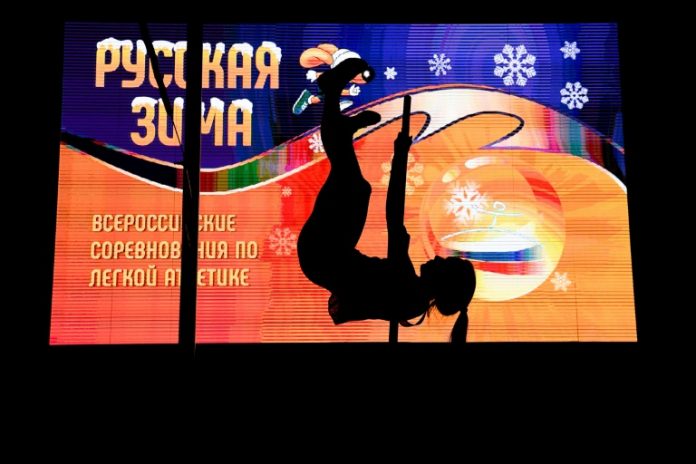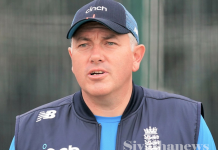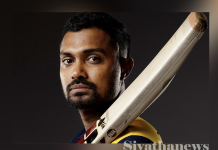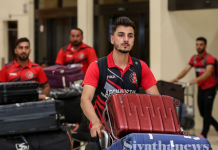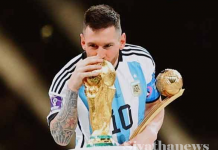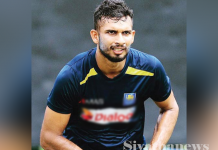World Athletics will decide Thursday whether to start the procedure of reinstating the new-look Russian athletics federation, as well as initiating the process to allow Russian athletes who test clean to compete under a neutral banner at the 2020 Tokyo Olympics.
Russia has been suspended by World Athletics (then known as the IAAF) since 2015 over repeated doping scandals – a ban upheld 12 times – and has been fighting for readmission.
Moscow’s case has been made more complicated after the World Anti-Doping Agency (WADA) in December imposed a four-year ban from all international sporting competitions on Russia over what it considers a state-sponsored programme of doping, a suspension the country took to the Court of Arbitration for Sport (CAS).
CAS, the world’s highest sporting court, will now have to decide whether to confirm the WADA ban, or listen to Russia’s case against the sanction. A ruling is not expected before May, with the Tokyo Olympics scheduled to start on July 24, in just 135 days.
The International Olympic Committee said CAS had to make a clear-cut decision, with no room for “any kind of interpretation”, over whether Russia was to be banned not just from Tokyo, but also the 2022 Winter Olympics in Beijing and the 2022 football World Cup in Qatar.
WADA says Russia “manipulated” data from an anti-doping laboratory in Moscow, the latest episode in a scandal which started with the revelation in 2015 of long-term institutional doping that involved senior officials, secret agents and trafficked urine vials.
Under the sanctions, Russian sportsmen and women will still be allowed to compete at the Olympics this summer as neutrals, but only if they can demonstrate that they were not part of the doping network.
This was also the case at the Pyeongchang Winter Games in 2018.
Russia’s under-fire track and field body RUSAF has come under increasing pressure from high-profile athletes at home, notably three-time high-jump world champion Mariya Lasitskene, for its handling of the scandal.
Yevgeny Yurchenko, who at the last minute became the sole candidate and is believed to be backed by the Kremlin, was named RUSAF’s new head last month in an attempt to brush out the old and usher in the new.

Yurchenko said he had sent two letters to World Athletics “concerning our cooperation and in regard to scandalous situations, which had left an impact on our relations for many years”.
In comments used by TASS news agency, Yurchenko said he had agreed with accusations made by the Athletics Integrity Unit (AIU) against RUSAF on the wrongdoings in the case of high jumper Danil Lysenko, in which “forged documents and false explanations” were provided as an alibi to his whereabouts, as required by anti-doping rules.
In January, the AIU, the independent anti-doping watchdog for track and field, recommended World Athletics maintain the exclusion of RUSAF and the freeze on Russian athletes competing under a neutral flag unless it failed to provide evidence in the Lysenko case, which had proved to be a tipping point.
Yurchenko, who also apologised for the negative consequences from the Lysenko case, said his second letter was sent to World Athletics chief Sebastian Coe.
“First of all, he (Coe) will be personally supervising sanctions, which may be imposed over doping scandals, and will initiate the process of issuing to Russian athletes neutral status permits for their participation in international tournaments,” Yurchenko said.
“His other message was that the process of RUSAF’s membership reinstatement with World Athletics is set to be launched.”
In Monaco, the World Athletics council will also discuss the effects of the spread of the coronavirus, with several members taking part remotely by teleconference because of travel restrictions in their countries.
The COVID-19 outbreak has already caused the world indoor championships in Nanjing, China, to be moved from this month to 2021, and the world half-marathon champs in Gdynia, Poland, to be re-scheduled from March 29 to October 17.






